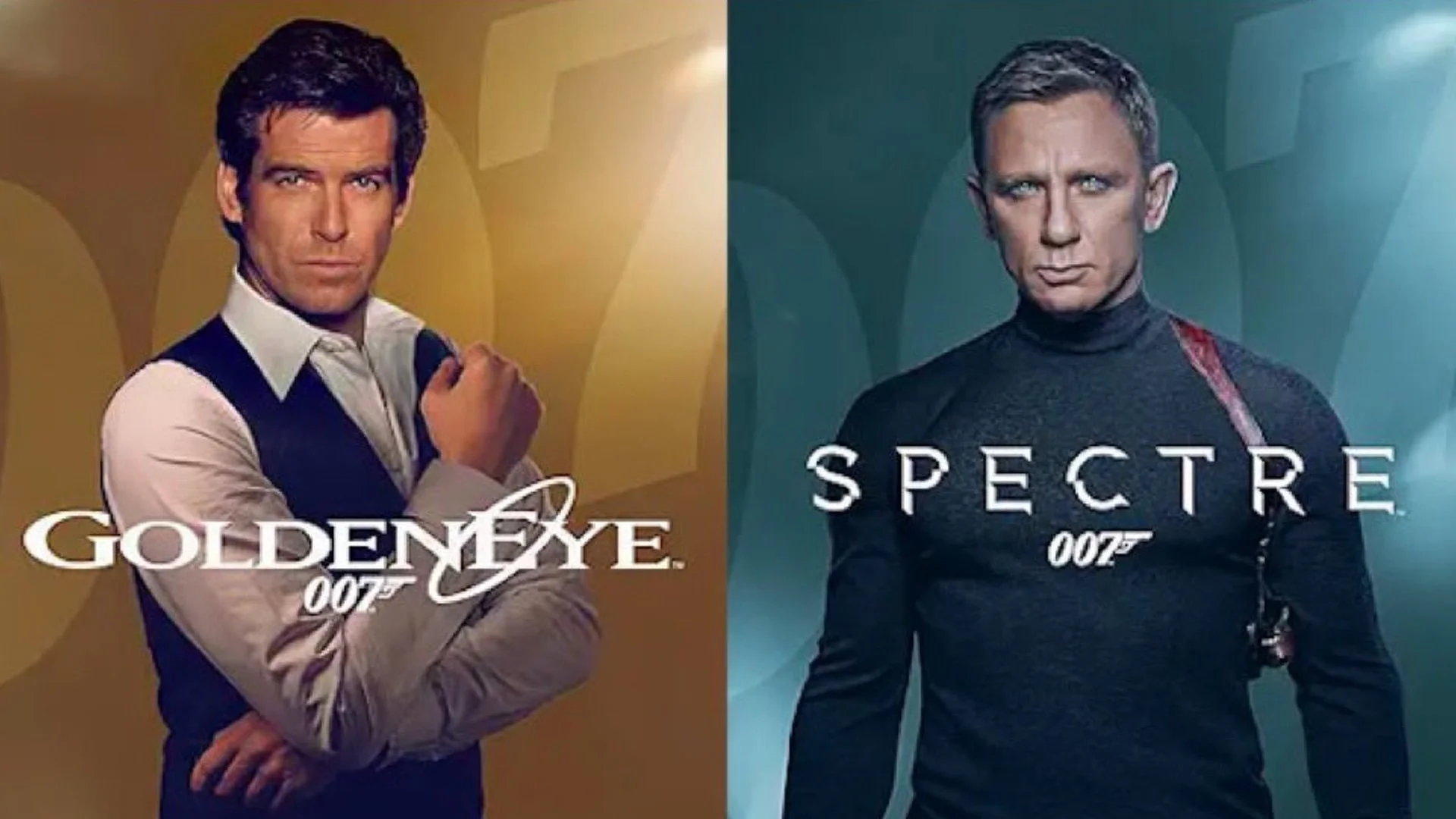In the last 75th edition of the Cannes Film Festival there was a title that surprised us in several respects, namely “Land of joy”. Saim Sadiq’s debut featurePakistani filmmaker with a BA in Anthropology from Lahore University of Management Sciences and a Masters in Film Directing from Columbia University School of the Arts, made history by being the first Pakistani national feature film to premiere on Croisette, competing in IL Un Certain Regard section, where it won the Jury Prize. You also won the Audience Award at the 67th Valladolid Seminci.
What also attracted attention was the fact that it reached the Strange palmprize awarded to the best film (feature and short) portraying the LGBT reality screened at the festival. The film deals with a reality of transgender people in the Asian country. Traditionally, in the South Asian area, there is a concept of third sex, where different societies and nations have referred to people who do not fit into the canons of masculine and feminine. Pakistan, despite being a Sunni Muslim country, is no exception and is adapting this reality to its concept of transsexuality, similar to the Shia majority Iran.

So Transsexuality, although not socially accepted, is legislated; producing the same paradox as Iran, since homosexuality is persecuted and punished. Under these margins and the very contradictions of Pakistani society, Sadiq has set up a courageous story, one that leaves its mark as a reminder that LGBT rights do not exist in various regions of the world. The director not only shows his commitment to a silenced, persecuted and tortured group, but also focuses on the oppressed situation of women in a deeply patriarchal and male-dominated country.
‘Joyland’, subtly and stealthily, becomes a careful multi-track circus, with the forbidden love between Haider, the youngest son of the Rana clan, and Biba, an exotic transsexual dancer. She has just started dancing as part of her choreography team in the music hall where she works. From the first moment, Sadiq displays the perverse tentacles of machismo and patriarchywith the granddaughters of the protagonist who play at getting tangled between the curtains and the clothes hanging, remembering the oppressive future that predictably awaits them.

While the obvious focus is on the female members of the clan, Sadiq, who co-wrote the script with Maggie Briggs, shows the slab of patriarchy on those men who do not respect the conventions of masculinity, as in the case of Haider, who chose to stay at home to help his sister-in-law take care of the girls and help his sick father; while her wife, Mumtaz, is the one who brings the money home, working as a professional make-up artist and realizing her dream of working on her own.
Daring, courageous cinema with great social commitment
Sadiq knows how to play frontal in his message and subtle in the way he conveys it, knowing that he is constantly playing with possible censorship in his country (The tape was temporarily banned, but was eventually seen in Pakistani commercial theaters.) Hence, the proposition is bolder than, for example, the elegant and intimate ‘The Blue Caftan’, in which Maryam Touzani portrayed the LGBT reality in Morocco. Although, in spirit it is similar. Mention also to the setting chosen by Sadiq, a native of Lahore, a city that is just the most open when it comes to the male homosexual reality. But, once again, this alleged openness is far from any conception close to that of a country where the LGBT reality is more integrated.

With a solid core, Sadiq manages to elevate his feature film with supporting characters that function beautifully as satellites, especially in the case of Haider’s cheated wife, who is forced to abandon her career aspirations when her husband gets a job in the theatre. Sadiq shows how patriarchy is a prison for women, with a young woman slowly wasting awaytransforming a pleasant moment between sisters-in-law, the Joyland amusement park that gives the film its title, into a double-edged sword, since both end up ‘paying’ dearly for their only moment of freedom.
‘Joyland’ is one of those cinematic gems that is not only to be applauded but vindicated, a bold and powerful statement. A shot on the table of an allied director, showing the gasp of women and the LGBT community. Together with his social commitment, there are some sublime interpretations, with Ali Junejo with the challenge of giving humanity and depth to that man who does not respect macho and chauvinist conventions; with Alina Khan makes transgender women visible in her country and to Rasti Farooq as a symbol of the patriarchal oppression of women.
Along with a magnificent photograph, by Joe Saade, showing a society full of contrasts and with a history that could very well mirror other neighboring countries such as India, ‘Joyland’ is that courageous cinema that once again demonstrates the importance of knowing the point of view of filmmakers who know oppression firsthand and they have the gallantry to deal with it. Cinema with an artistic gaze that knows how to use its language to also create impetus for social change.
Note: 8
The best: The Mumtaz subplot, which ends up dominating the central plot.
Worse: It covers a lot of topics, and while it goes into more depth about them, perhaps it would have helped you focus more on your central theme.
Source: E Cartelera
Lloyd Grunewald is an author at “The Fashion Vibes”. He is a talented writer who focuses on bringing the latest entertainment-related news to his readers. With a deep understanding of the entertainment industry and a passion for writing, Lloyd delivers engaging articles that keep his readers informed and entertained.




